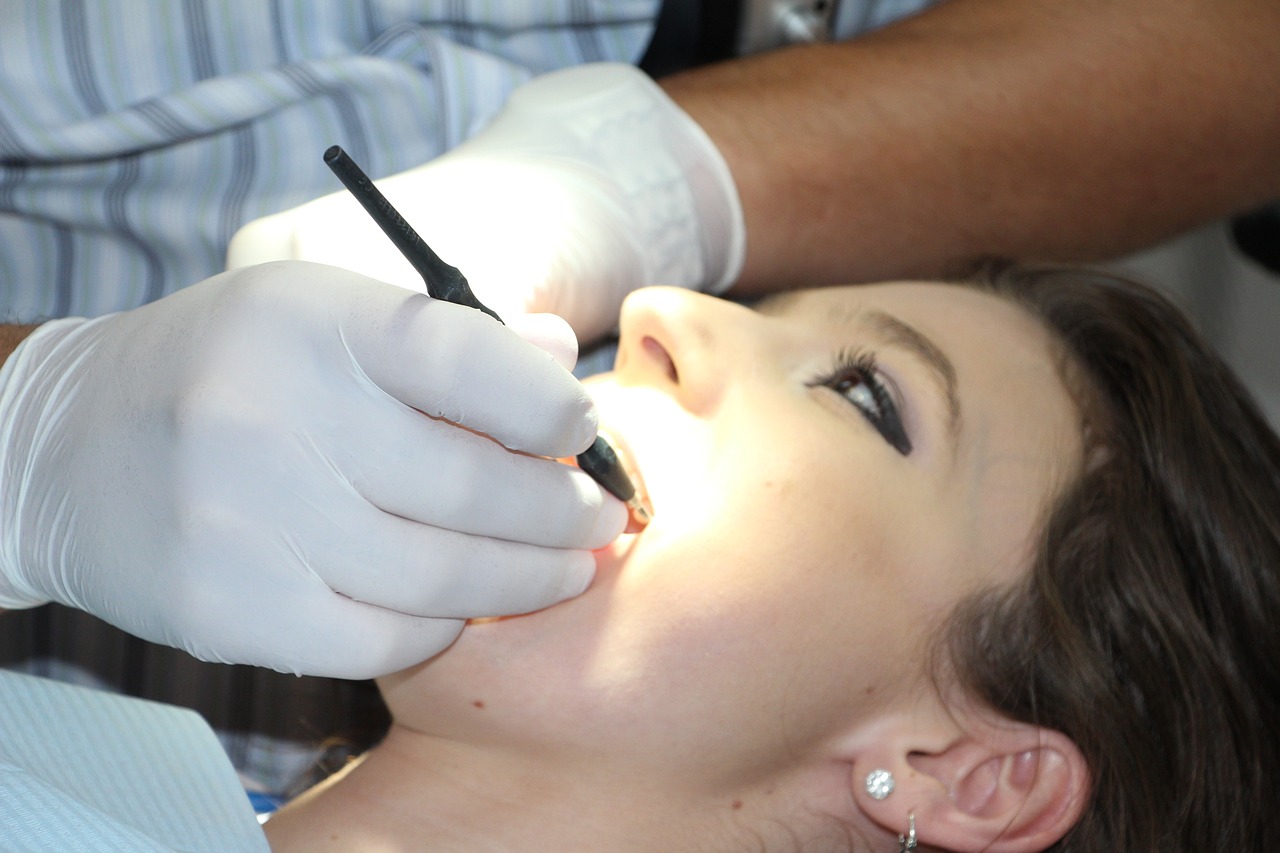Maintaining good oral health is essential for overall well-being. Dental problems can lead to pain, discomfort, and even systemic health issues. In this article, we’ll discuss some of the most common dental problems and provide practical tips on how to prevent them.
Tooth Decay:
Tooth decay, also known as dental caries or cavities, is the most prevalent dental problem worldwide. It occurs when harmful bacteria in the mouth produce acids that erode the tooth enamel over time.
Prevention Tips:
- Brush your teeth at least twice a day with fluoride toothpaste.
- Floss daily to remove plaque and food particles from between your teeth.
- Limit sugary and acidic foods, as they contribute to enamel erosion.
- Visit your dentist regularly for check-ups and professional cleanings.
Gum Disease:
Gum disease, or periodontal disease, is an infection of the gum tissues that support the teeth. It starts with gingivitis, characterized by red, swollen, and bleeding gums, and can progress to more severe forms of periodontitis if left untreated.
Prevention Tips:
- Practice good oral hygiene, including brushing and flossing regularly.
- Use an antibacterial mouthwash to reduce plaque and bacteria.
- Avoid smoking and tobacco use, as they increase the risk of gum disease.
- Schedule regular dental check-ups and cleanings to monitor your gum health.
Tooth Sensitivity:
Tooth sensitivity occurs when the protective enamel on the teeth wears down, exposing the sensitive dentin layer beneath. This can result in discomfort or pain when consuming hot, cold, sweet, or acidic foods and beverages.
Prevention Tips:
- Use a soft-bristled toothbrush and avoid aggressive brushing.
- Choose a toothpaste specifically designed for sensitive teeth.
- Avoid acidic foods and drinks that can further erode the enamel.
- Consider wearing a nightguard if you grind your teeth, as grinding can worsen sensitivity.
Bad Breath (Halitosis):
Bad breath can be embarrassing and is often caused by poor oral hygiene, gum disease, or certain foods.
Prevention Tips:
- Brush your teeth, tongue, and gums thoroughly to remove bacteria and food particles.
- Floss daily to clean between teeth where a toothbrush can’t reach.
- Stay hydrated and chew sugarless gum to stimulate saliva production.
- Schedule regular dental check-ups to identify and address the underlying cause of bad breath.
Toothaches:
Toothaches can result from various issues, including tooth decay, gum disease, tooth fractures, or infected dental pulp.
Prevention Tips:
- Maintain good oral hygiene to prevent tooth decay and gum disease.
- Avoid biting on hard objects or foods that could lead to tooth fractures.
- If you experience persistent tooth pain, seek prompt dental care to address the underlying problem.
Oral Cancer:
Oral cancer can affect the lips, tongue, cheeks, floor of the mouth, and throat. Early detection is crucial for successful treatment.
Prevention Tips:
- Regularly examine your mouth for any unusual sores, lumps, or discolorations.
- Limit alcohol consumption and avoid tobacco products.
- Use lip balm with sunscreen to protect your lips from sun exposure.
- Schedule routine dental check-ups, as dentists perform oral cancer screenings during exams.
Tooth Grinding (Bruxism):
Bruxism is the habit of grinding or clenching teeth, often unconsciously during sleep. It can lead to tooth wear, jaw pain, and headaches.
Prevention Tips:
- Manage stress to reduce teeth grinding caused by anxiety.
- Wear a custom-made mouthguard at night to protect teeth from grinding.
- Avoid caffeine and alcohol, as they can exacerbate bruxism symptoms.
- See your dentist regularly for monitoring and treatment of bruxism.
By following these preventive measures, you can significantly reduce the risk of common dental problems and enjoy a lifetime of healthy smiles. Remember, regular dental check-ups and professional cleanings are crucial for early detection and timely treatment of any dental issues. Your oral health is an investment in your overall well-being, so take care of your teeth and gums for a brighter, healthier future.







 High Edge Media
High Edge Media